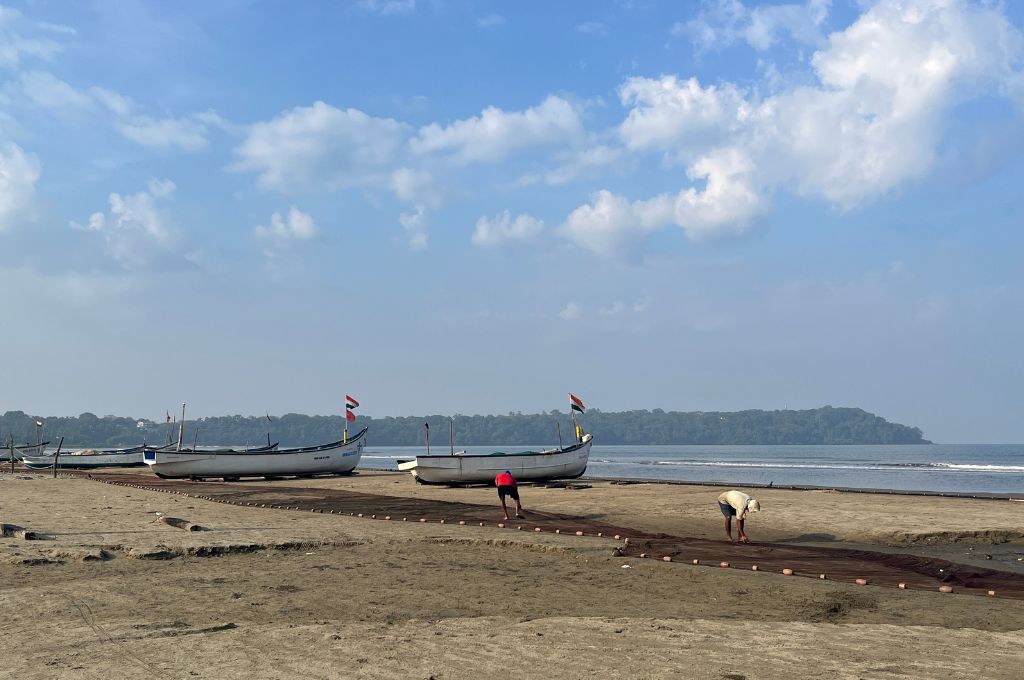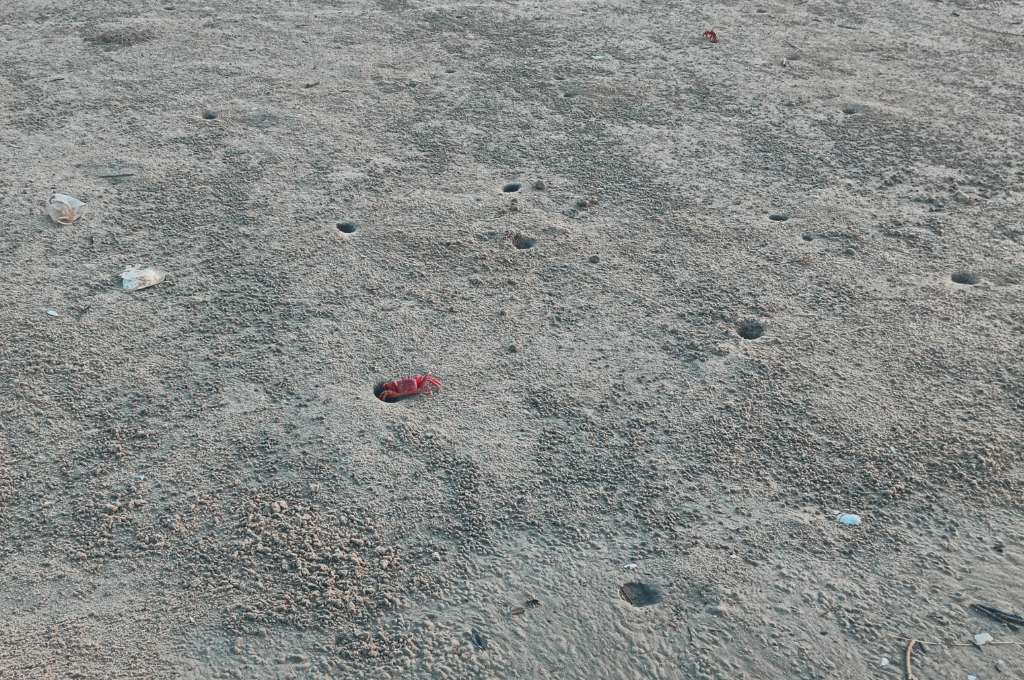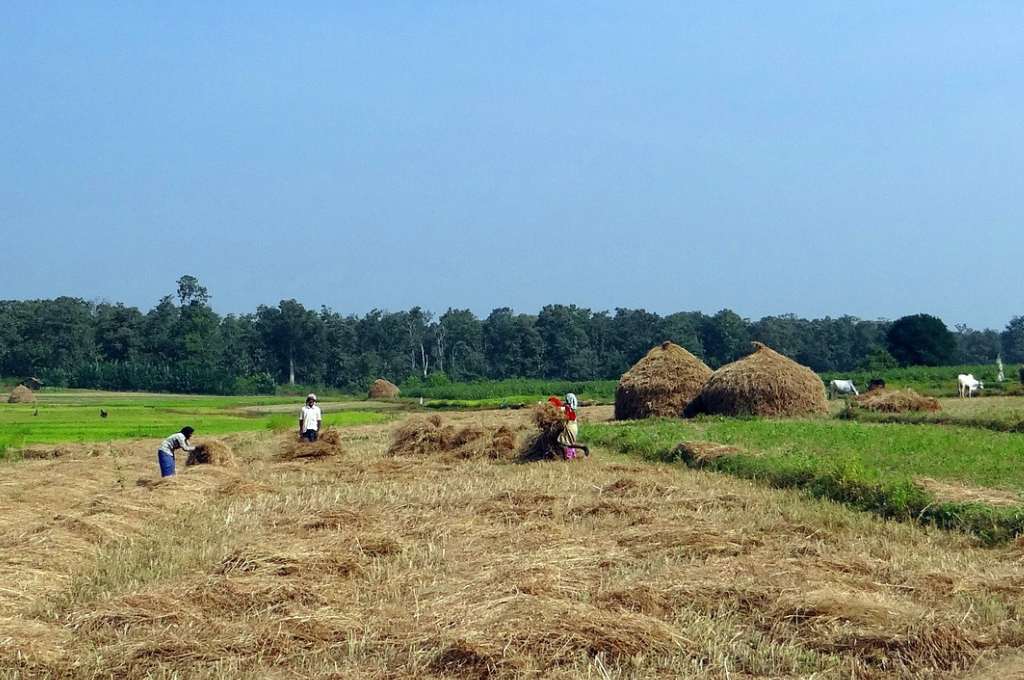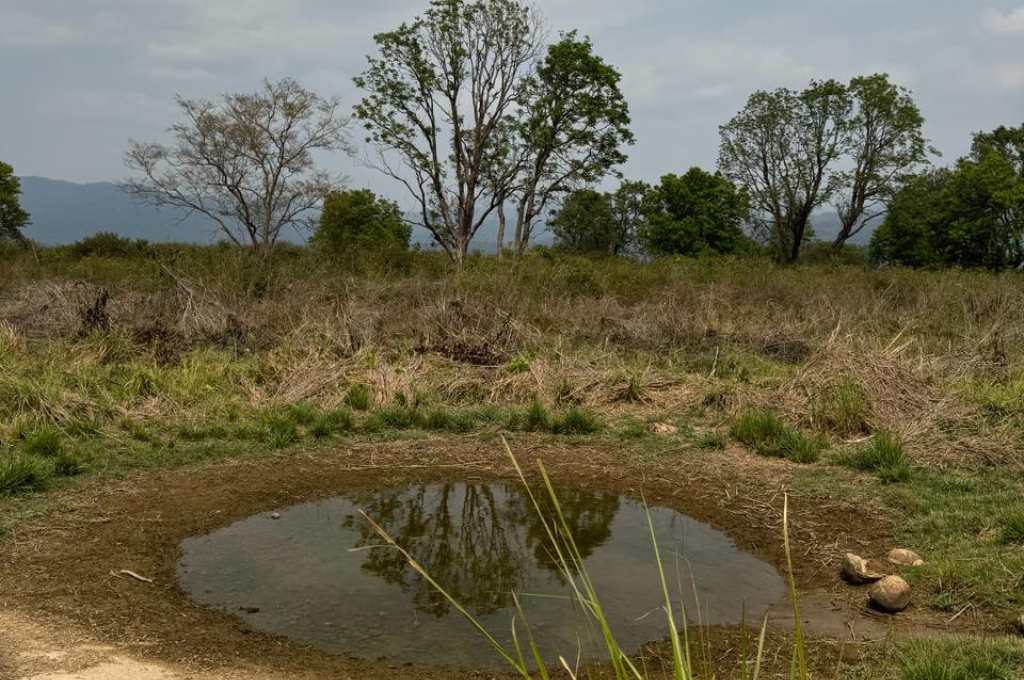READ THIS ARTICLE IN
Collective memory protects a forest in Rajasthan
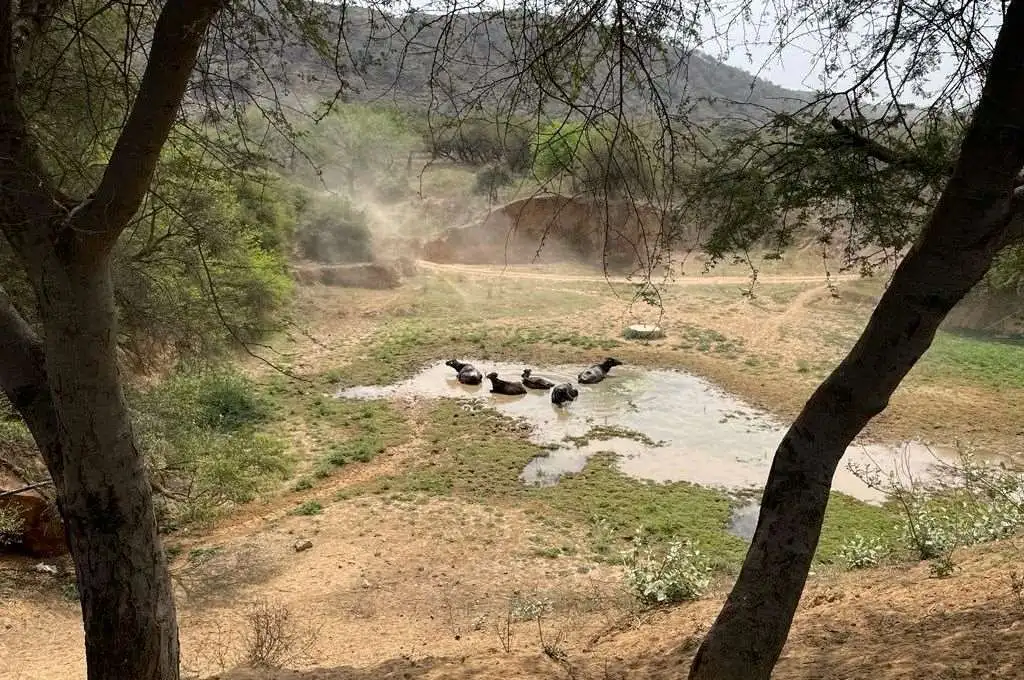
The livestock-rearing Gujjar community in Rajasthan’s Alwar district uses orans (sacred groves) for grazing their cattle and collecting honey, herbs, fruits, and other minor forest products. Devbani (named after the local folk deity Devnarayan), one such oran in Gujjarwas village, houses native trees and herbs such as peelu, jangli tulsi, brahmadandi, neem, and giloy. These plants are used in traditional medicine to boost immunity and treat ailments such as leukorrhea and malaria.
The farmers take their buffaloes to the oran early in the morning and stay with them as they graze the field till sunset. Jasram Gujjar, an agro-pastoralist, points to the area where his wife brings him lunch every day. He tells his wife the local name for that patch of land to help her find him, and she always knows exactly where he is. Within the oran, there are various divisions of areas that are etched only in the memory of the locals, even if they all look the same to an outsider.
Aman Singh, founder of KRAPAVIS, a nonprofit based in Alwar, says that the community views Devbani as a continuation of its worship of Devnarayan, which is why the oran means more to them than merely a source of livelihood. “The locals say that there were elaborate rituals when this oran was built. Every pastoralist in the village brought milk in an earthen pot and circumambulated the stretch of land with the pot placed atop their head; the milk dripping from the pots marked the boundaries of Devbani.”
This mental map has served the community well in the past. Chaitram Gujjar, an elderly pastoralist, narrates instances where their memory has helped them resist encroachment from the forest department and individuals from within the community. “A few years ago, the forest department wanted to build a nursery in the oran. They set up their nursery beds on our community land but the villagers gathered and uprooted them. We know which part is oran land and which isn’t,” he says. “People from within our community have tried to take over this land for agriculture and to build houses. However, we have come together and managed to undo the damage every time.”
Aman adds, “The community members identified their land and took the matter to the sarpanch and the patwari. They looked at the revenue records and found that the collective memory matched the demarcations mentioned in legal papers.”
Ever since the oran was built, the community has protected the land with all their might. Over the years, the gram sabha has come up with stringent fines for people trying to destroy the trees here. Now, one must pay INR 101 for cutting even a small piece of wood and INR 2,100 for cutting a tree. Anyone who reports such wrongdoing is rewarded with INR 501. Emphasising the power of the community in the protection of the orans, Chaitram says, “Puri basti ek ho jaaye toh kya chale ek ki?” (What is one person’s greed in front of the will of an entire village?)
As told to IDR.
Jasram Gujjar also contributed to this article.
Aman Singh is the founder of Krishi Avam Paristhitiki Vikas Sansthan (KRAPAVIS). Chaitram Gujjar is an agro-pastoralist in Rajasthan.
—
Know more: Learn how multiple villages in Odisha came together to protect a forest.
Do more: Connect with the author at [email protected] to learn more about and support his work.
